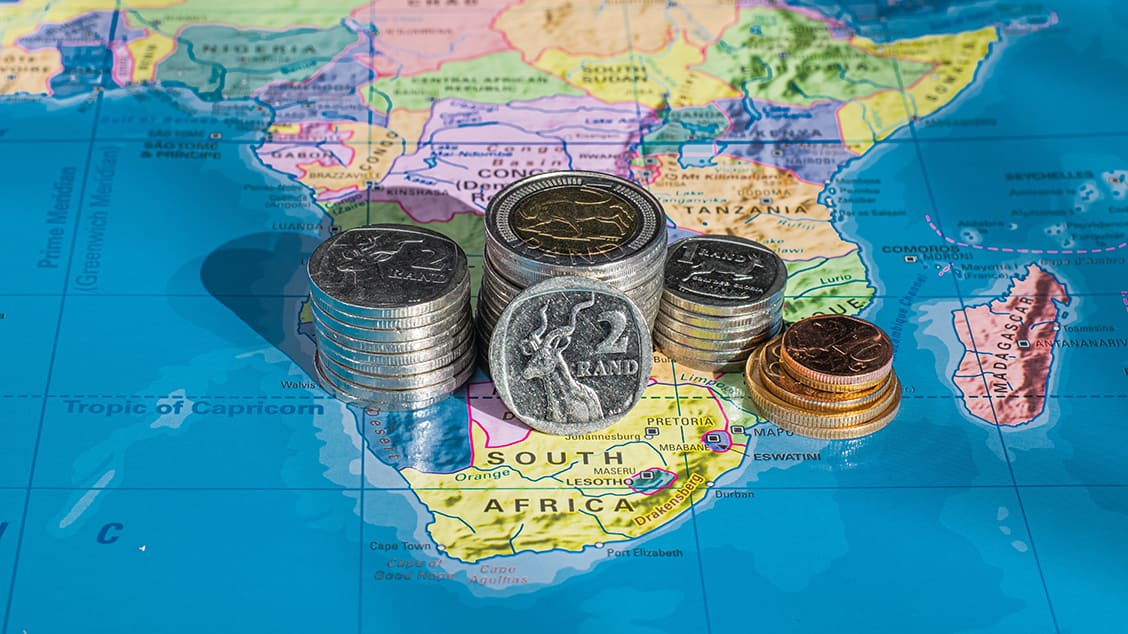For years, the US had perfected a penchant for being aloof when it came to Africa. Not anymore. The world’s biggest superpower recently reiterated that its interests and those of Africa are “interconnected and fates are bound up together,” according to US President Joseph Biden.
This reawakening pushes the US to increase its investments and trade with Africa. Having committed to invest $55 billion in the continent over three years during the US-Africa Leaders Summit in December 2022, Washington is surprisingly overdelivering.
Over the past year, it struck deals with African nations worth $14.2 billion, a 67% increase from 2022, according to the Prosper Africa presidential initiative. In total, 547 new deals were closed. Meanwhile, seven cabinet and top US government officials, including Vice President Kamala Harris, visited 26 African countries to deepen relations.
Washington has declared that its forays into Africa are not just about trade and investments but also countering China and Russia, which it reckons are using Africa to advance narrow commercial and geopolitical interests.
“The gains of US interests in Africa supersede geopolitical rivalries,” says Moses Ikiara, former Kenya Investment Authority managing director. He adds that as a new frontier, Africa will play a central role in shaping the future of the global economy. In essence, no country can ignore the continent.
“Looking at Africa’s vast natural resources, a young and expanding population and improving governance structures, the US sees alluring opportunities,” notes Ikiara.
A case in point is a decision by Biden to choose Africa as the first beneficiary of the flagship $600 billion Partnership for Global Infrastructure and Investment initiative. Under the initiative, a Democratic Republic of the Congo and Angola railway project will benefit from a $250 million financing package.
Undoubtedly, increased funding by the US in Africa’s infrastructure, digital transformation, health and food security, among other sectors, is opening opportunities for US companies to expand to the continent and exploit opportunities. The timing is ideal, considering that China’s hegemony in Africa is receding. According to the International Monetary Fund, Beijing’s lending to the continent fell below $1 billion last year, the lowest level in nearly two decades.




